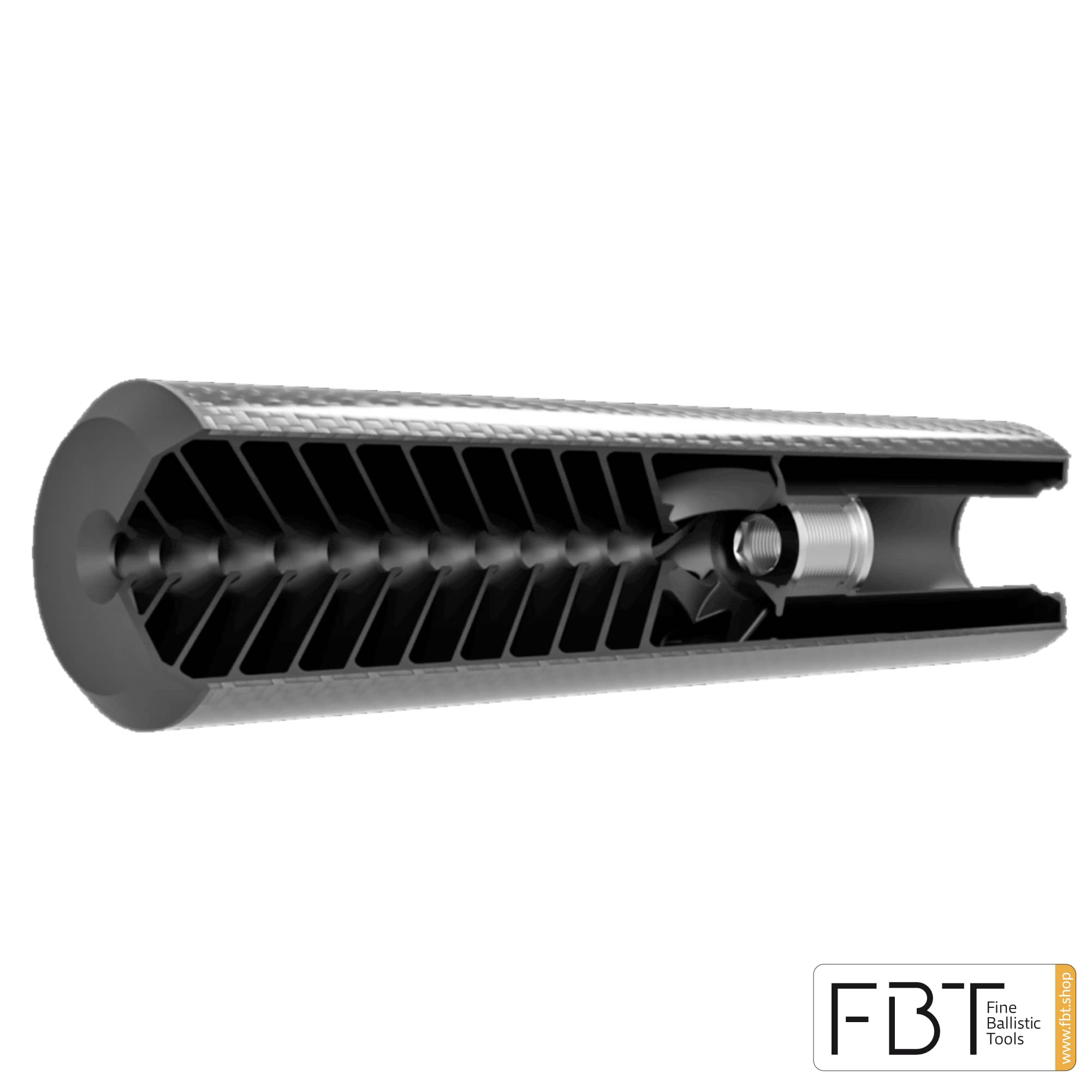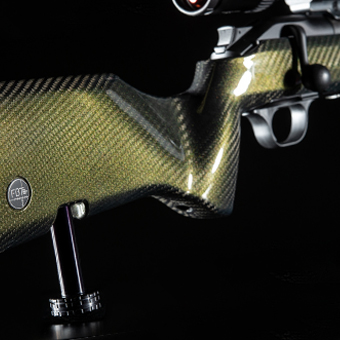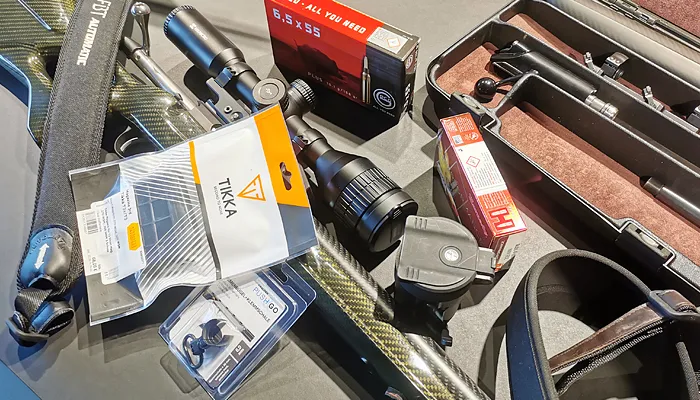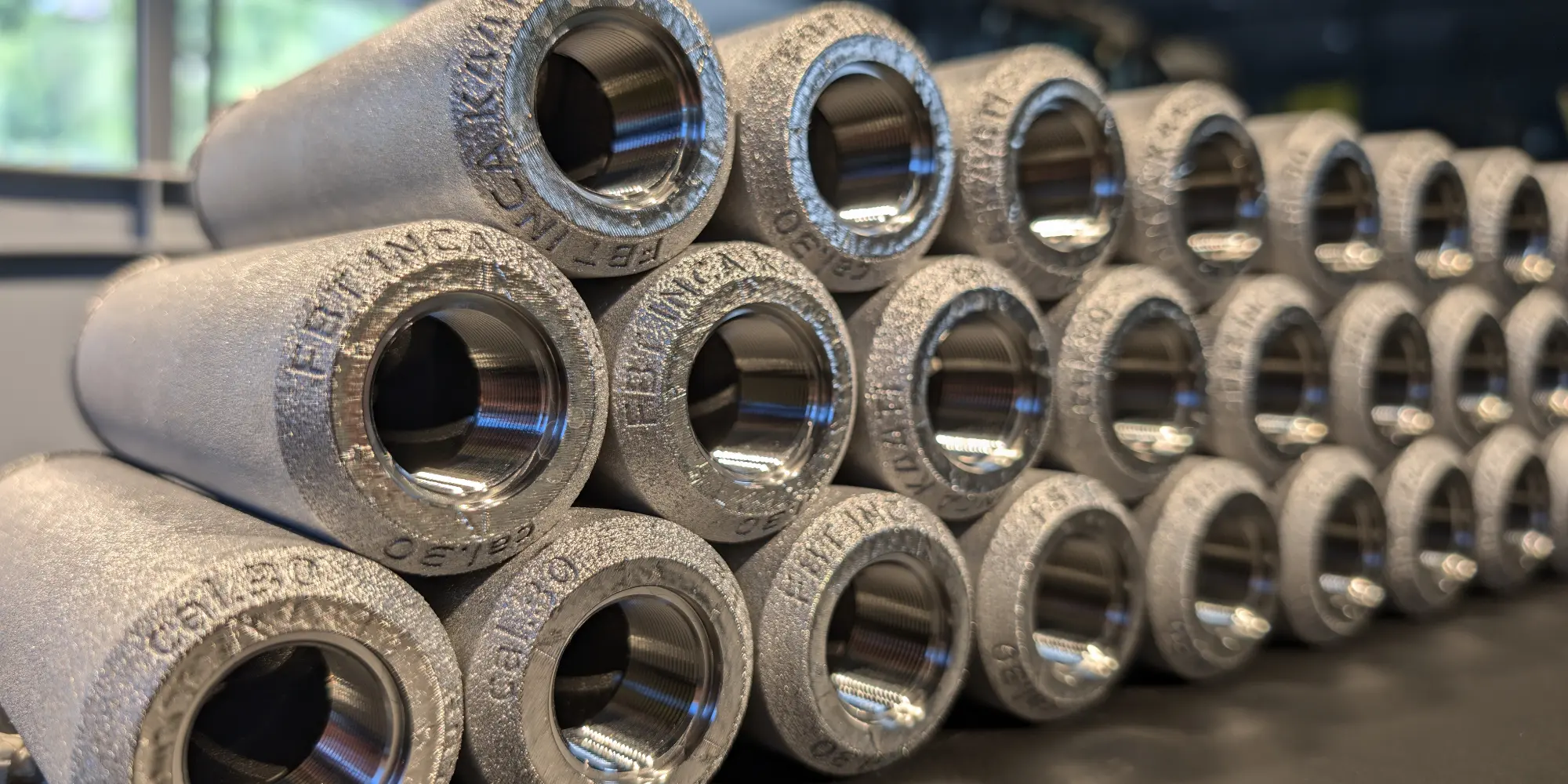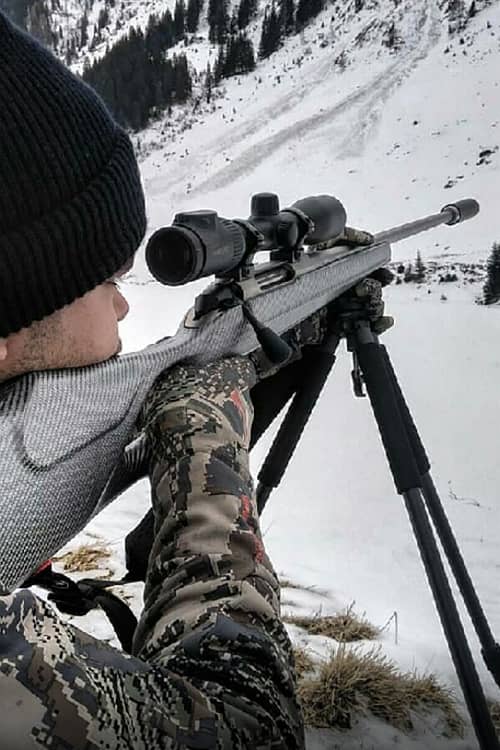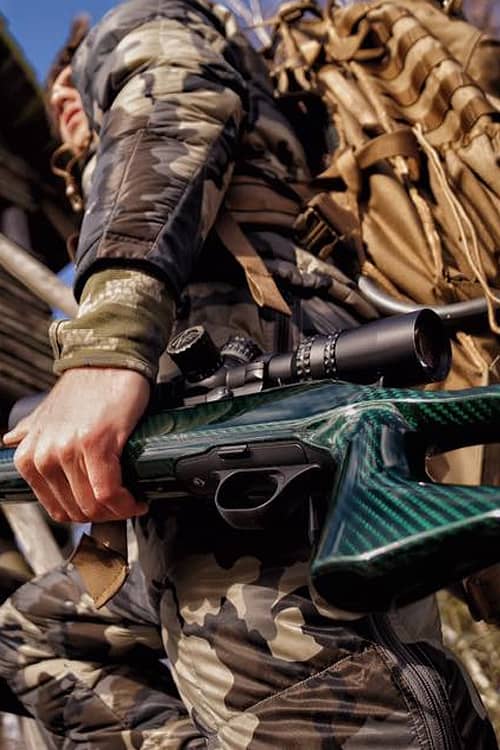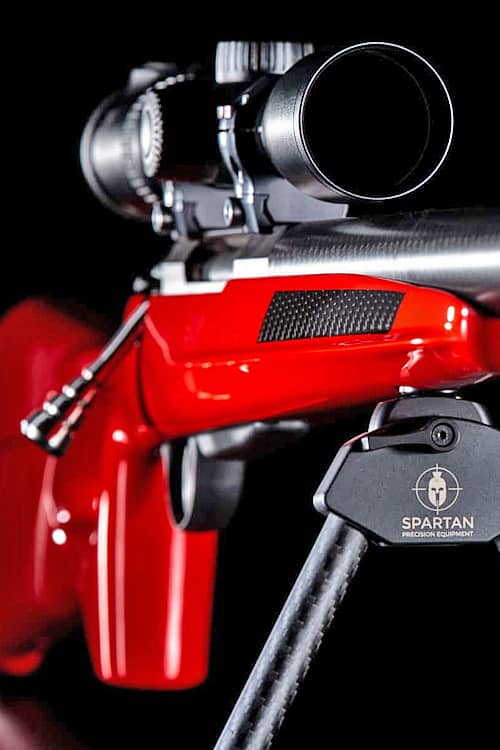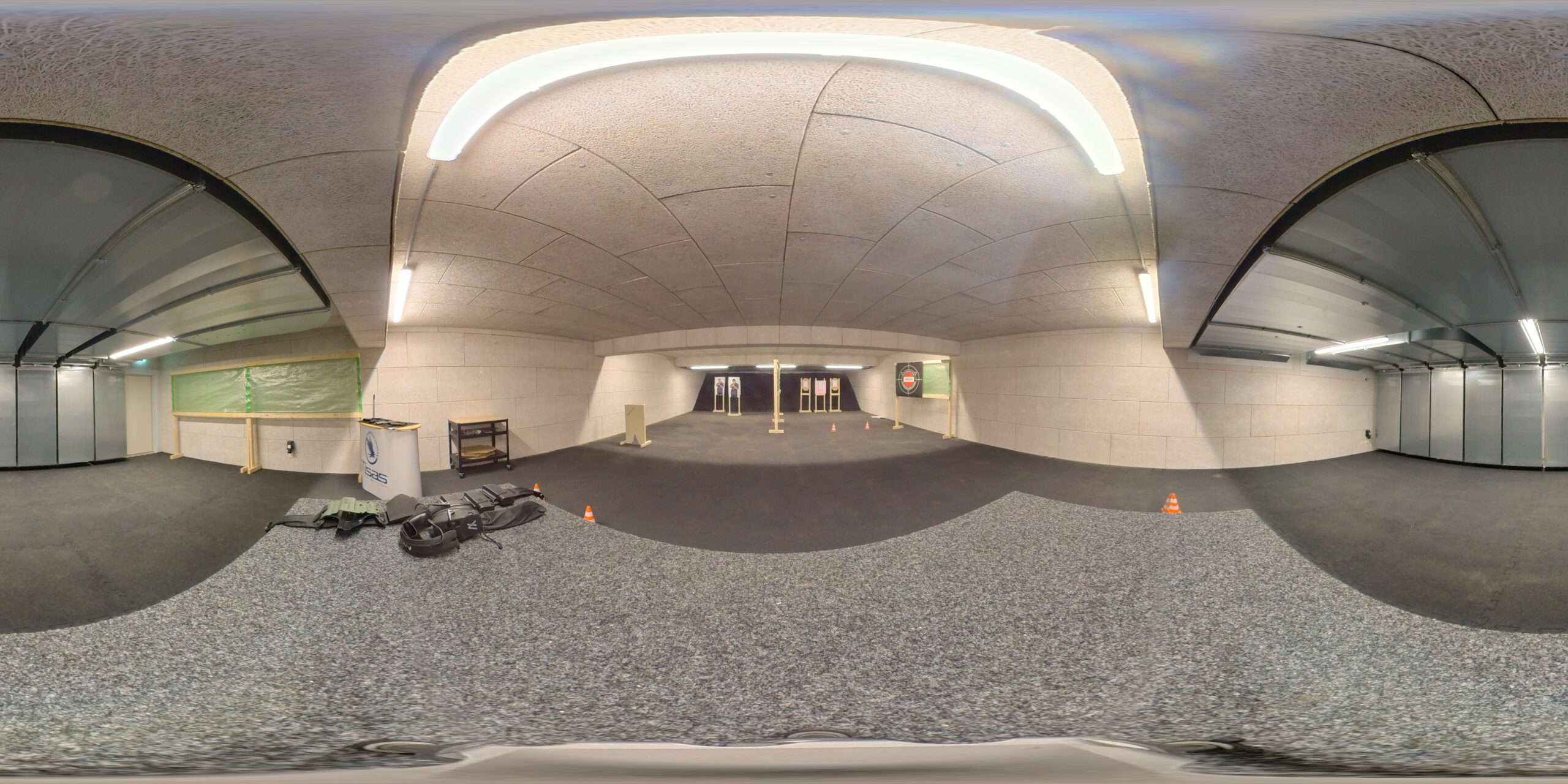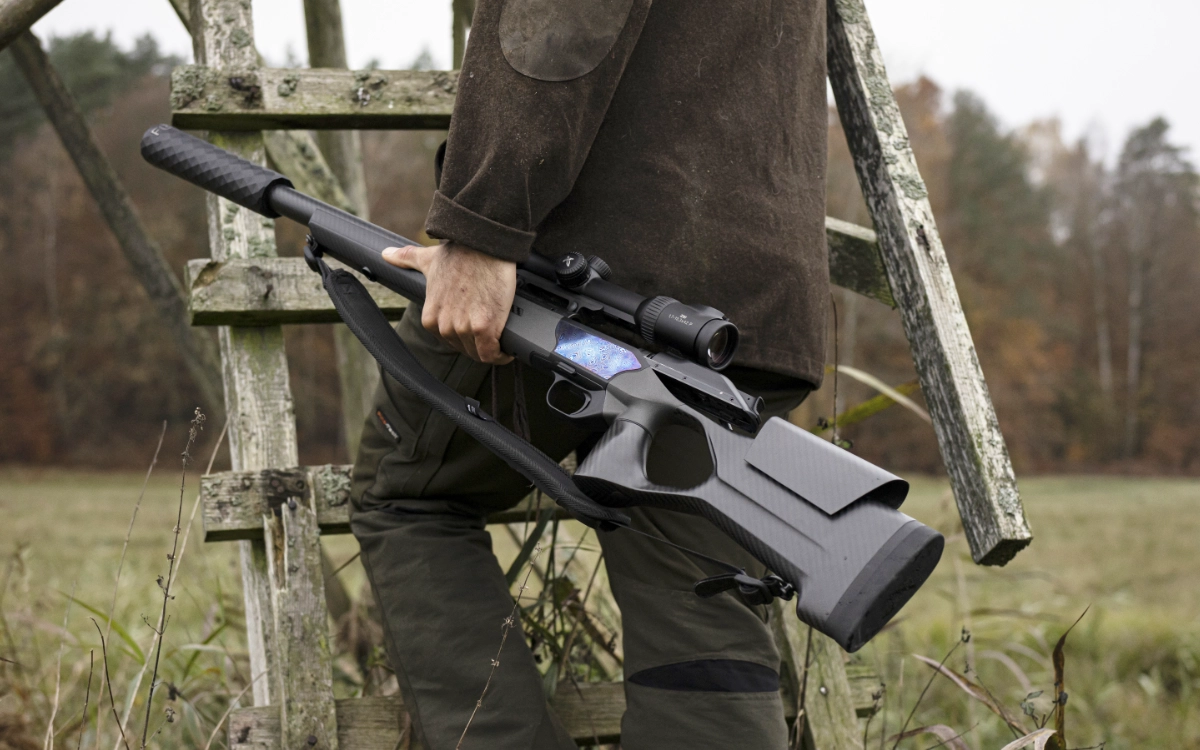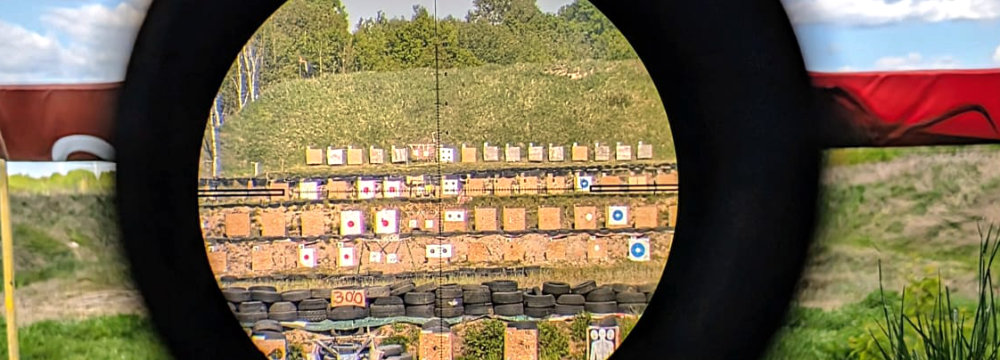Silencers for hunting: significance for occupational health and safety and labour law
The Hunting is more than just a hobby for many people - for professional hunters, foresters and wildlife managers it is an essential part of their work. In this context, occupational health and safety and labour law aspects are becoming increasingly important.
An important point here is the use of silencers. This technical innovation not only offers advantages for hunting practice, but also has significant impact on the health and safety of hunters. At the same time, their use raises labour law issues that need to be addressed.
Silencers and health protection
- Noise exposure and hearing protection
One of the key aspects of occupational health and safety in hunting is protection against noise pollution. Without a silencer, the sound of a gun can reach a volume of 150 decibels or more - a level that is well above the limits set out in the German occupational health and safety regulations for noise.
Permanent hearing damage can occur from as low as 85 decibels. For professional hunters who shoot frequently, this poses a considerable health risk.
Silencers can reduce the volume of a shot by around 20 to 30 decibels, which significantly reduces exposure. Although the sound of the shot is still loud at around 100 decibels, the risk of acute and chronic hearing damage is significantly reduced. Combined with additional hearing protection, as is often required by occupational health and safety guidelines, the risk can be almost completely eliminated. - General health aspects
In addition to the direct noise pollution, there are other health benefits of the silencer. The reduced recoil relieves the shoulder and neck muscles and reduces the risk of muscle tension or other complaints. This is particularly relevant for professional hunters who regularly use large calibres and are exposed to considerable physical strain.
Labour law aspects of the use of silencers
- Employer's obligation to protect health
In the context of labour law, employers - in this case forestry companies or hunting organisations, for example - are obliged to ensure the protection of their employees. This also includes protection from harmful noise. According to § 3 of the Occupational Health and Safety Act (ArbSchG) in Germany the employer must take appropriate measures to Hazards to the health of employees to minimise.
In terms of hunting, this means that silencers can be considered part of the protective equipment.
If an employer neglects the use of silencers, this could lead to consequences under labour law. If an employee falls ill due to noise exposure, the employer can be held liable. Providing silencers and sensitising employees to their use is therefore not only common sense, but also a legal necessity. - Financing and provision
One question relevant to labour law is, who bears the costs for silencers bears. In many cases, it is the responsibility of the employer to provide the necessary protective equipment. However, silencers are regulated by gun laws in Germany and require a special licence. Professional hunters usually have to apply for a licence themselves, while their employer could cover the cost of purchasing one. - Weapons regulations and labour law
The use of silencers is closely linked to the provisions of the Weapons Act (WaffG). Since an amendment to the WaffG in 2020, hunters in Germany have been allowed to purchase and use silencers for hunting weapons, provided they have a valid hunting licence. However, this poses particular challenges in terms of labour law: Employers must ensure that employees not only have the appropriate licence, but are also trained in the use of silencers.
There is also the question of liability: if an accident occurs due to improper handling of a silencer, this could have consequences under labour law. Employers are therefore well advised to introduce clear rules and training on how to handle silencers.
Practical advantages of silencers in occupational safety
- More effective hunting and lower risk of accidents
The use of silencers not only contributes to health prevention, but also increases safety when hunting. The absence of muzzle flash facilitates observation after the shot has been fired and minimises the risk of missed shots. This is an important safety aspect, especially on driven hunts where many hunters and beaters are involved. - Reduction of stress for humans and animals
One aspect that is often underestimated is the psychological stress caused by noise. The use of a silencer not only reduces stress for the hunter himself, but also for other people in the vicinity and for the game. This can lead to an overall more harmonious and safer working environment.
Conclusion: Silencers as part of modern occupational safety
The use of silencers when hunting is not just a technical facilitation, but an essential part of occupational safety. They make a significant contribution to noise reduction, health protection and general safety.
From a labour law perspective, silencers are a tool that meets the requirements of the Occupational Health and Safety Act and are indispensable for professional hunters and other hunters.
Employers should therefore actively ensure that their employees have access to silencers and can use them properly. Clear labour law regulations and open communication between employers and employees are crucial here.
In practice, silencers can not only increase safety, but also ensure the long-term preservation of the workforce - a win-win situation for everyone involved.

